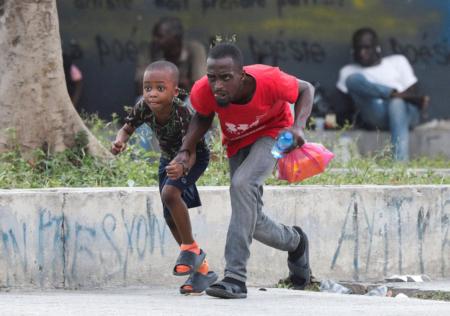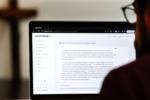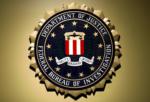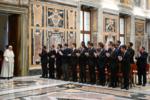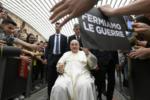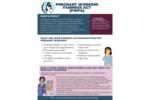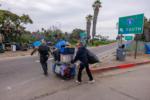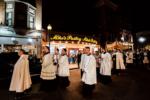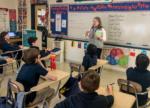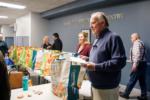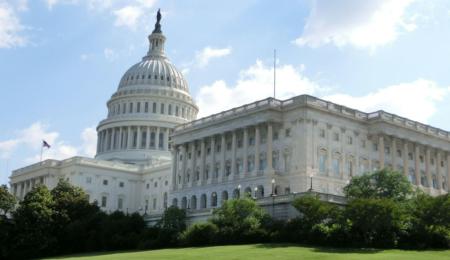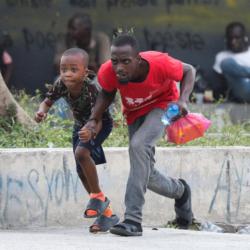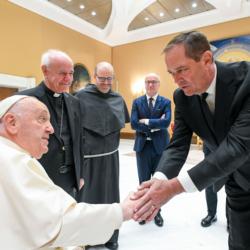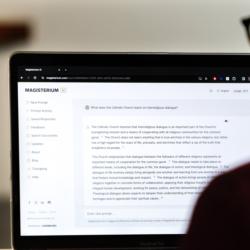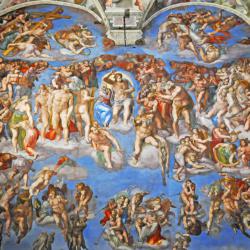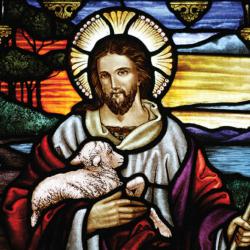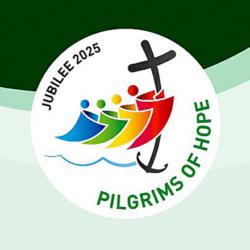'Chief Servant' not 'Chief Politician'
When Pope Francis arrives in the nation's capital on Sept. 22, it will not only be his very first visit to our country, but he will be visiting a dramatically changing country culturally, economically and politically. We know that America's influence and reputation in the world is in decline and we are no longer regarded as the "world's leading military and economic superpower." This likely means that there will be less stability in the world as we have certainly been experiencing.
Francis will surely be informed by leading American clerics that our government is fractured and that partisan, petty politics is the standard in Washington today. He will realize that the national media, politicians and special interest groups will strive for him to come down on the side of their particular cause and point of view. He will certainly see this self-serving praise for him on issues that they agree with him on like the environment, immigration and economic inequality and ignore those moral issues which the Catholic Church and pope takes a firm stand on, like life and family. This often results in the various parties struggling to spin issues to one's particular secular ideology. This can especially happen in private meetings, like the one in the White House between the President and the pope. The message can often get politically distorted and the public gets confused.
Based on my personal experiences as a former Vatican Ambassador, politician and more recently media analysist, these are my recommendations as to how to insure that the public receives the most accurate and complete information possible. First, both the president and pope should make brief public statements together after their White House meeting. Perhaps then a representative of the pope and the president together answer a few questions from the media. After the pope's address to the Congress, a designated representative from each political party and the pope's spokesperson take questions from the media at the Capitol. After the pope's speech to the U.N., an official designee of the U.N. and a representative of the pope could make a joint appearance and respond to questions from the media. All the pope's other events are religious, so the media will report as they see fit.
The pope's visit will have broad religious and political consequences for our country and I offer these suggestions only in hope that all parties, particularly American Catholics, receive the most accurate information possible. Most Catholics following his visit won't necessarily be interested in the partisan politics of the trip, but they will be anxious to hear Pope Francis's important spiritual message in the clearest and most accurate way possible. Catholics realize the importance of the pope's visit in these most difficult and challenging times in our Church, country and world and the media has an important role to play. I am confident that the public will be well served and the Pope's message will be spiritually inspiring for all Americans.
I see Pope Francis as that of "Chief Servant" not "Chief Politician."
RAY FLYNN IS THE FORMER U.S. AMBASSADOR TO THE VATICAN AND MAYOR OF BOSTON.
- Raymond L. Flynn is the former U.S. Ambassador to the Holy See and Mayor of Boston.
